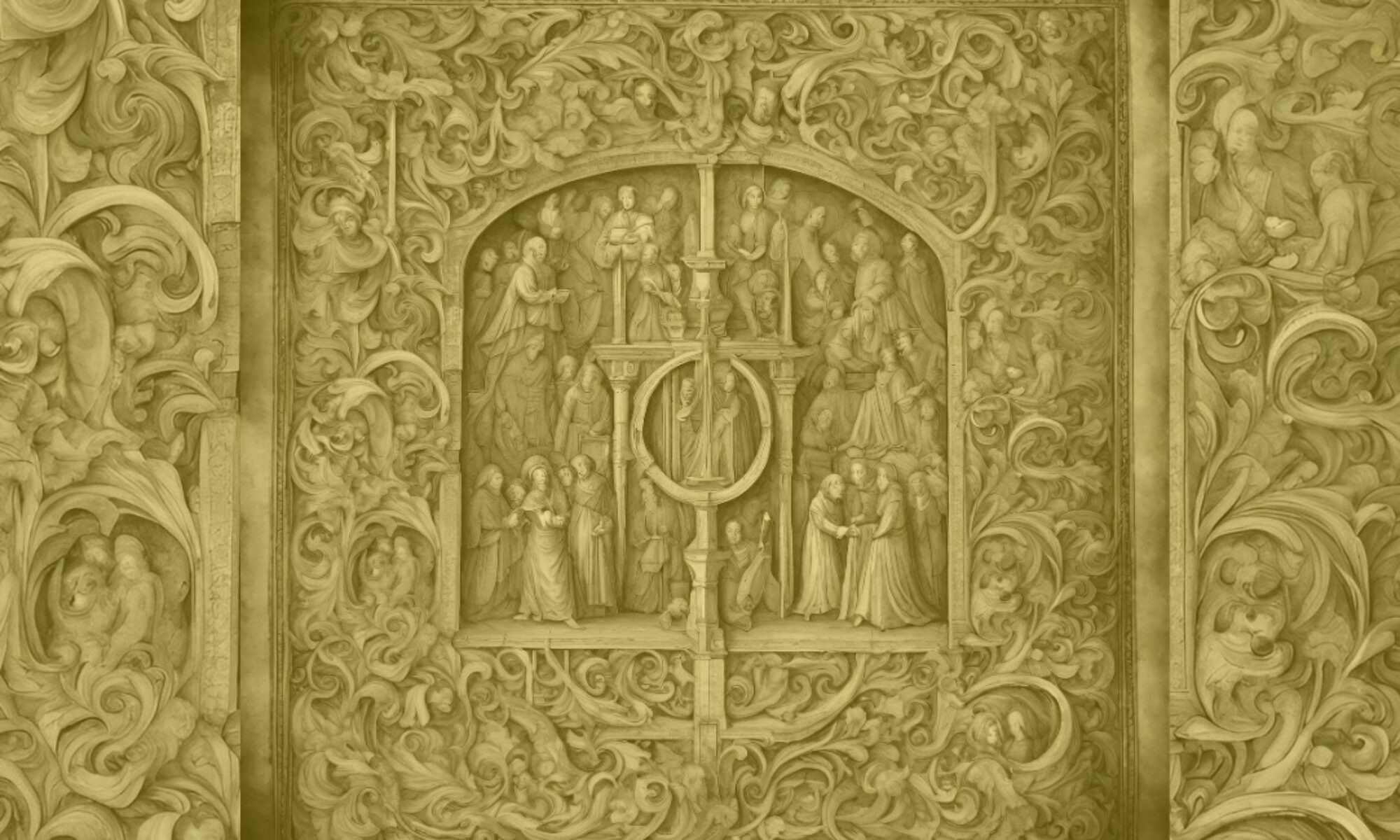Kayden’s talk is called “Pan, Animal Encounters and Mythic Eco-Consciousness”

Myths are stories that can function as ecosystems that further soul and ground consciousness. The climate crisis, in part, is a mythless engagement with the natural world that erodes eco-consciousness. Our unending climate crisis is fueled by the insistence that humans are separate from nature and the more-than-human world.
The inclusion of animal mythologies to the already potent god / goddess mythologies cultivates a mythic eco-consciousness connected to land and place. Mythically engaging animals unearths our vitality and grounds us in the body as mythic images bring us in touch with life force, instinct, and ecology. Participating in the sensual, natural world enables synchronicity and archetypal encounters with the more-than-human. In Animal Presences, James Hillman reminds us we have forgotten that animals were once gods. We need the animal gaze.
Animal mythologies and encounters will be explored through a mythic eco-consciousness lens that sheds light on the impact of the shadowed Pan and Dionysus archetypes, both gods of nature, that play out in our treatment of the environment and influences our capacity for sustaining a mythic eco-consciousness. It is a mythic eco-consciousness that can move us to what Thomas Berry calls dreaming a new story for the earth.
About Kayden
Kayden Baker-McInnis is a PhD candidate in Mythological Studies with an Emphasis in Depth Psychology working on an ecological dissertation focusing on the Greek figure Dionysus in relation to nature, body, and gender. She teaches language arts to school-aged students and offers adult myth classes. Her workshops in Salt Lake City include a humanities-based writing process engaging comparative mythology, cultural studies, and depth psychology.









